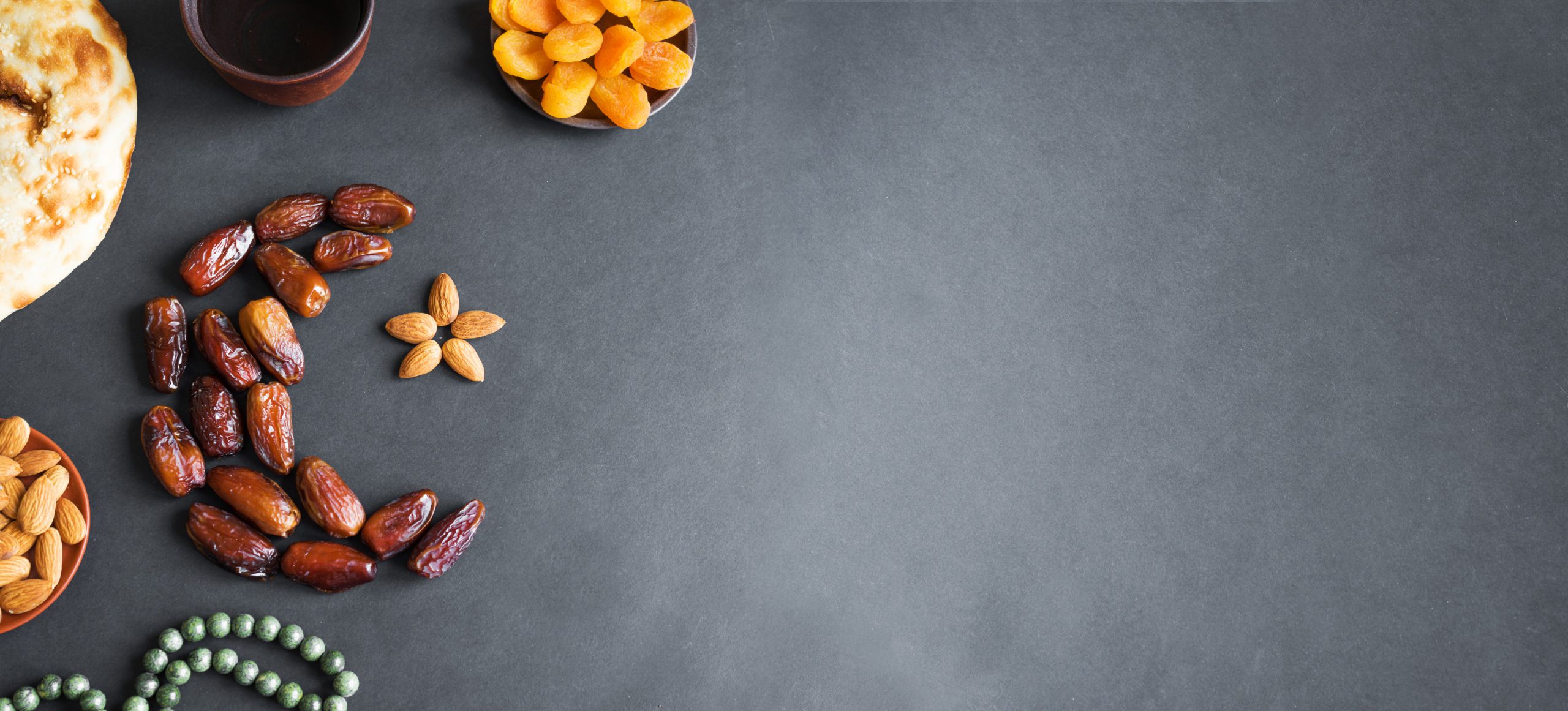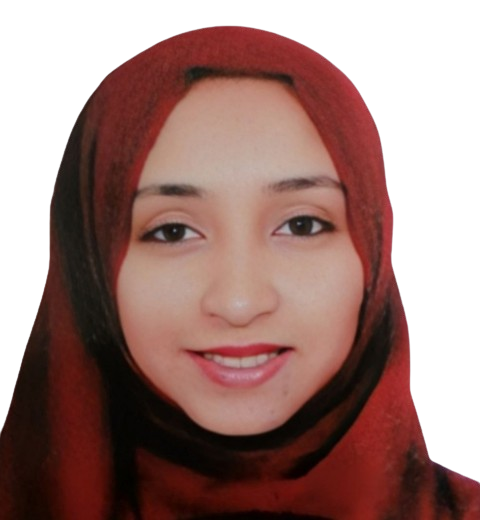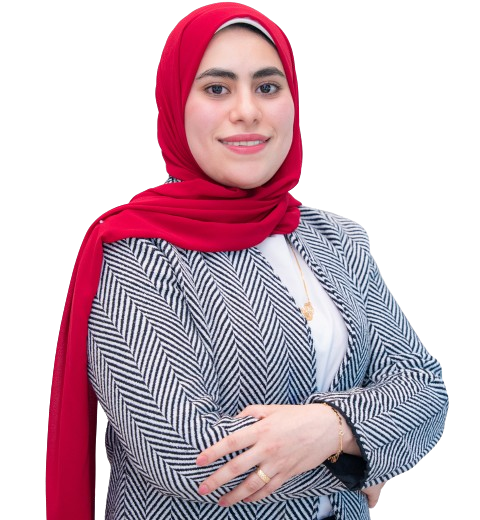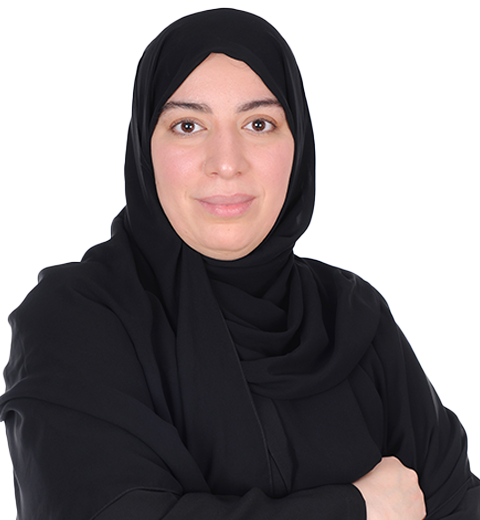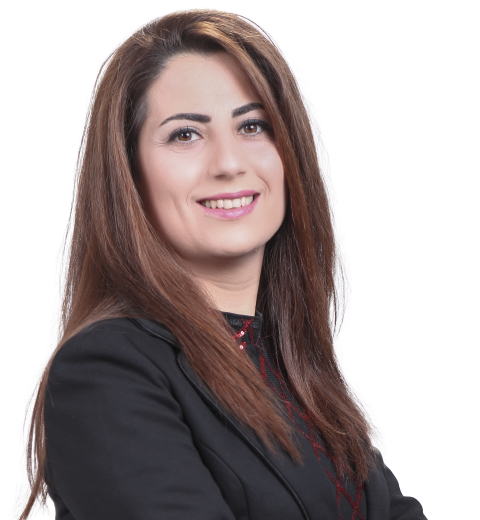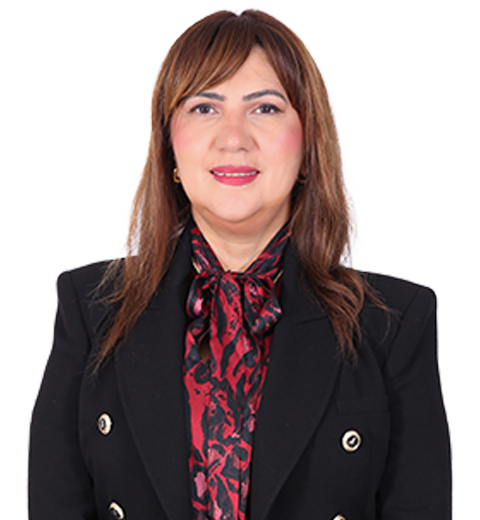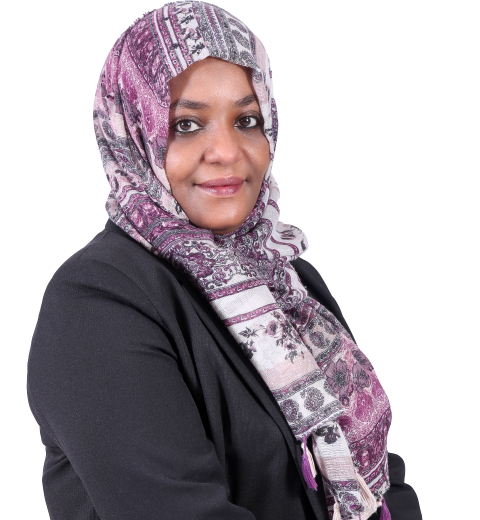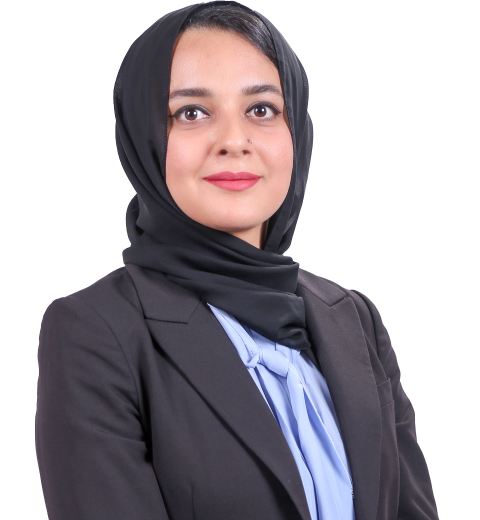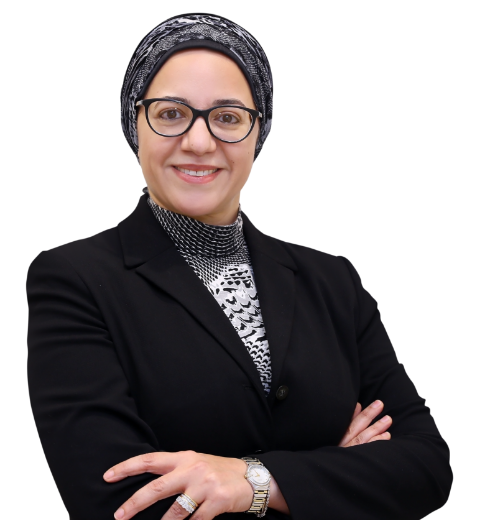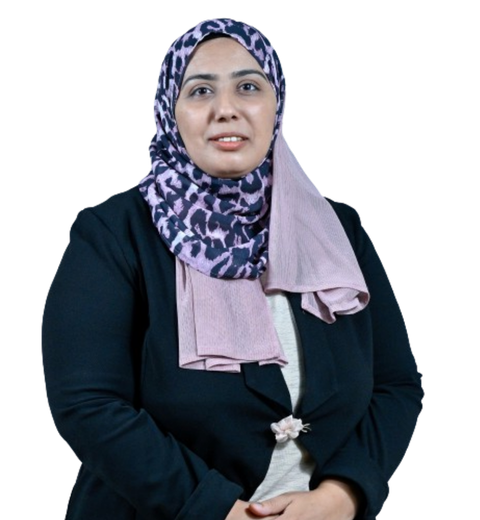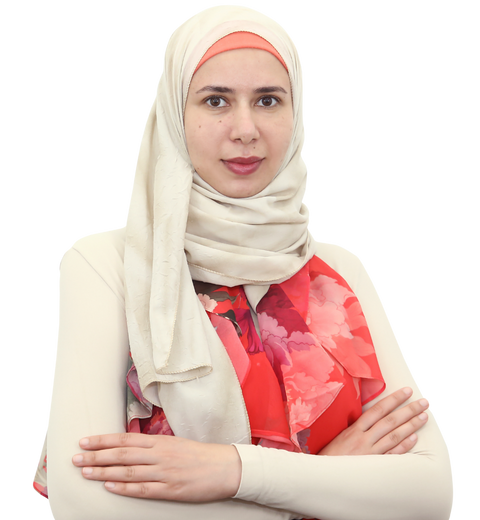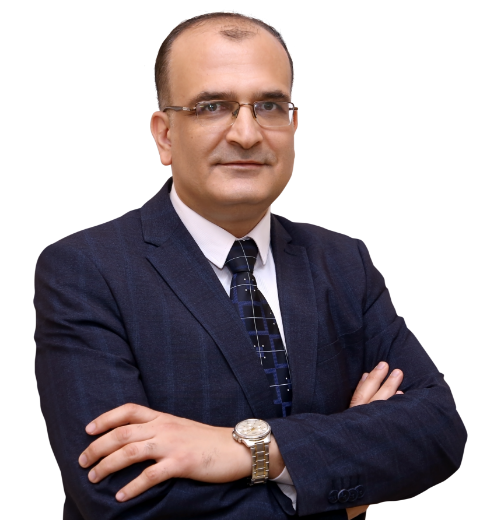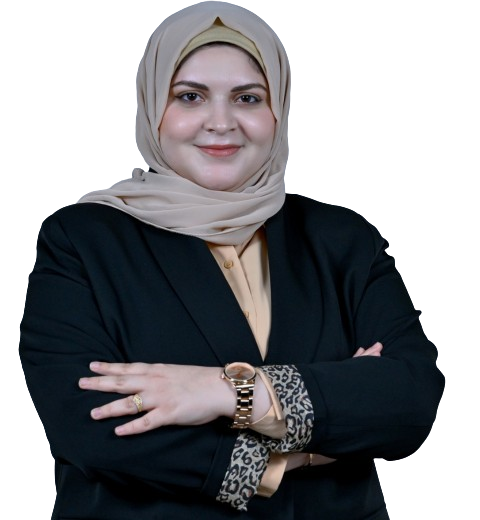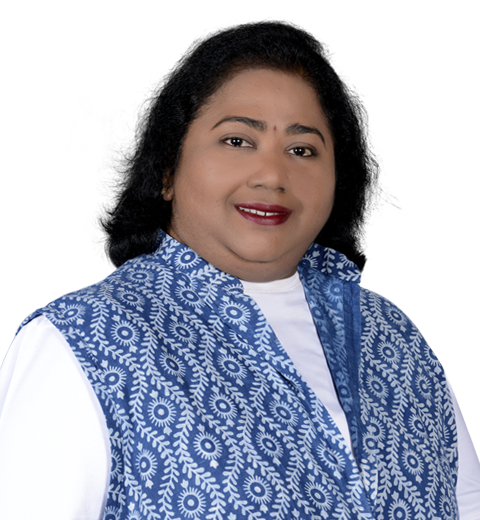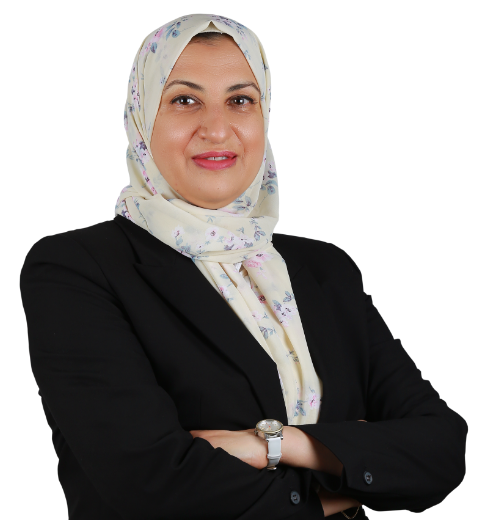One of the best ways to break fast during Ramadan is with a full, healthy stomach. The holy month of Ramadan comes with many rewards, one of them being strengthening our spiritual bonds and being able to eat foods that are beneficial for you. Here are a few things that you can include in your meal plan,
Low-Fat Yogurt
Yogurt is the perfect healthy companion for Ramadan because it helps you keep going through your fast with its beneficial nutrients and helps prevent hunger pangs. It also has probiotics that help with indigestion, essential when eating large meals after a long day of fasting.
Ramadan should be when you make healthy choices to benefit your body and mind. Therefore, it’s essential to opt for low-fat yogurt, as high-fat versions can slow down digestion and cause discomfort.
Dates
Dates are not just delicious and a source of energy, but they are also very rich in potassium. Dates are natural laxatives that can be enjoyed during Ramadan to help relieve constipation. They are also a good source of minerals and vitamins, which provides instant energy while you fast. Dates have long been known to be good for your heart and your bones.
Dark Chocolate
Dark chocolate contains antioxidants that help to reduce cell damage in our bodies. It is also a good source of iron, which helps your body produce healthy red blood cells and helps you feel energized. Dark chocolate is also a good source of magnesium, which can help with muscle cramps and spasms and lower blood pressure.
Barley Water
Barley water is a refreshing drink with many health benefits that you can enjoy during the holy month of Ramadan. Consider adding it to your meal plan for the following reasons:
- low in calories (only 110 calories per serving)
- improves digestion
- high in fiber (5 grams per serving)
- helps to prevent heart disease
- may help regulate blood sugar (barley is a complex carbohydrate)
- reduces blood pressure due to its potassium content
Sesame Seeds
One of the best foods you can eat during Ramadan is sesame seeds. Sesame seeds are not only rich in vitamin E, B vitamins, omega-3 fatty acids, calcium, magnesium, phosphorus, and zinc but also in protein and fiber. They’re considered a superfood for their antioxidant properties and anti-inflammatory properties and their superior ability to help regulate blood sugar levels and aid heart health.
Wholegrains
You might be wondering what whole grains are exactly. Whole grains contain the entire grain seed, which is called the kernel. The kernel has three parts:
- Bran-the protective layer of fiber on the outside
- Germ-the reproductive part that is rich in nutrients
- Endosperm-the starchy part that contains energy for the plant
Pulses and Chickpeas
Plain pulses and chickpeas are great sources of proteins. The good thing about consuming legumes is that they provide a wide range of nutrients, beneficial for our overall health. Let’s look at some pulses and chickpeas which can benefit you during Ramadan.
- Pulses and Chickpeas Promote Heart Health: Pulses are high in dietary fiber, magnesium, and potassium, which can help lower blood pressure and reduce LDL or “bad” cholesterol, therefore promoting heart health.
- Beneficial for Weight Management: Fibre helps regulate bowel movements and prevents constipation by adding bulk to stool; thus, it helps maintain ideal body weight.
- Rich in Antioxidants: Pulses contain flavonoids – antioxidants that fight free radicals in the body – which have anti-aging properties too. Chickpeas contain vitamin E and manganese, zinc, and selenium, all of which work together to protect the skin from sun damage (less bad skin days).
Green Leafy Vegetables
In Ramadan, you should take advantage of the wide variety of green leafy vegetables accessible to include in your diet. Green leafy vegetables are well known for their health benefits and nutritional value. They are low in calories and high in nutrients, especially when eaten raw.
They contain essential vitamins, minerals, carbohydrates, and phytochemicals which make them beneficial for a healthy diet.
Green leafy vegetables such as spinach, kale, lettuce, and Swiss chard are a good source of dietary fiber, vitamin A, vitamin C, and iron. Spinach is also a rich source of folic acid, while lettuce contains sodium and potassium, which help regulate blood pressure. Antioxidants that protect the body against free radicals are also present in green leafy vegetables, making them valuable additions to your Ramadan diet.
Beans
Beans are amazing food and a great source of nutrition. Beans also contain high fiber, which is important for your digestive system. Beans are a good source of iron, needed to make red blood cells. Red blood cells carry oxygen from your lungs to all parts of your body and give you energy! Beans also have folate, B vitamins, and minerals such as magnesium and potassium. These nutrients help keep your heart healthy!
Figs
During Ramadan, make sure to eat figs as part of foods. The nutritional content ranges from 0.5 to 2 g protein/100g fresh fruit, 4 to 12% carbohydrate, 50 to 80% insoluble fiber and 0.2 to 1.7% soluble fiber. It’s known for its health benefits like the prevention of strokes and heart diseases and improves blood sugar levels and maintains oral health by killing bacteria in the mouth. The health benefits of figs include the following:
- Helps maintain blood glucose levels. If you have high blood pressure, it is always a good idea to limit your salt intake. Figs are an excellent alternative for maintaining the balance of potassium and sodium in your body. The potassium is an excellent agent for controlling heart rate and blood pressure, while the sodium helps regulate the amount of water in your body. This balance can help prevent stroke and coronary heart disease; therefore, figs are especially beneficial during Ramadan when we fast during the day. This is when our bodies need as much nutrition as possible before Iftar.
- It helps to keep you hydrated. Figs contain a large quantity of fiber (both soluble and insoluble) which enables digestion and keeps you full throughout the fasting hours by slowing down the digestion of other foods consumed at suhoor or Iftar so that they last longer without causing dehydration or low energy levels in your body. If you suffer from diarrhea or constipation, eating figs will help because they increase the production of bile acids, which then aid absorption into intestinal cells where nutrients are absorbed properly into our bloodstreams instead of being excreted wastefully due to lack of absorption through food particles such as rice which often causes diarrhea after consumption during meals at Suhoor time due to their high carbohydrate content.
Garlic and Onion
Garlic and onions are a must to include in the Ramadan foods. They’re usually always used in preparing Ramadan food for Iftar, but there’s a reason why: they are incredibly beneficial to our health. Their anti-inflammatory properties are also highly effective in treating arthritis and osteoarthritis because of the antioxidant compounds present in them. What’s more, the phytochemicals that are present in onions and garlic make them high sources of antioxidants, which help prevent the body from oxidative stress by neutralizing those pesky free radicals that we so often hear about. What makes garlic and onion such great fast foods is their ability to lower blood pressure because of their high concentration of allicin—a compound that dilates blood vessels while inhibiting angiotensin II. Onions and garlic also have bacterial properties that can fight staph infections, E-coli, salmonella, and yeast infections in women.
Oats
Oats are whole grains that are commonly consumed during the holy month of Ramadan as they can provide a range of health benefits. Oats contain more protein and fat than other grains, increasing their nutritional value. Additionally, oats are rich in antioxidants, vitamins, and minerals, including thiamin, magnesium, and phosphorus. Oats are also a good source of fiber which helps lower cholesterol levels, aids in digestion, and controls weight. Hence it is one of the highly recommended Ramadan foods.
Olive Oil
Olive oil competes with all other types of oil in terms of its nutritional value. It is rich in antioxidants, which help in weight loss and prevent skin aging and wrinkles. Olive oil is rich in monounsaturated fats, polyphenols, and phytosterols that possess several health benefits. People who regularly consume olive oil have a lower risk of developing high blood pressure, osteoporosis, and heart diseases. Olive oil helps balance the blood sugar levels, promotes a healthy digestion system, reduces inflammation within the body, and fights against various types of cancer. If you are on a weight loss diet, try consuming two teaspoons of extra virgin olive oil every day.
Ultimately, Ramadan is a time to find ways to live healthy while living up to the spirit of the holy month. We hope that this article about Ramadan foods has given you some food for thought on how you can be healthy and still keep up with the spirit of Ramadan. In Addition, Our Dieticians and Nutritionists are always there for you during this holy season and can develop individualized plans that suit your specific healthcare needs. We are also offering a wide range of Health Packages specially designed to keep you and your family healthy throughout this holy month of Ramadan.
